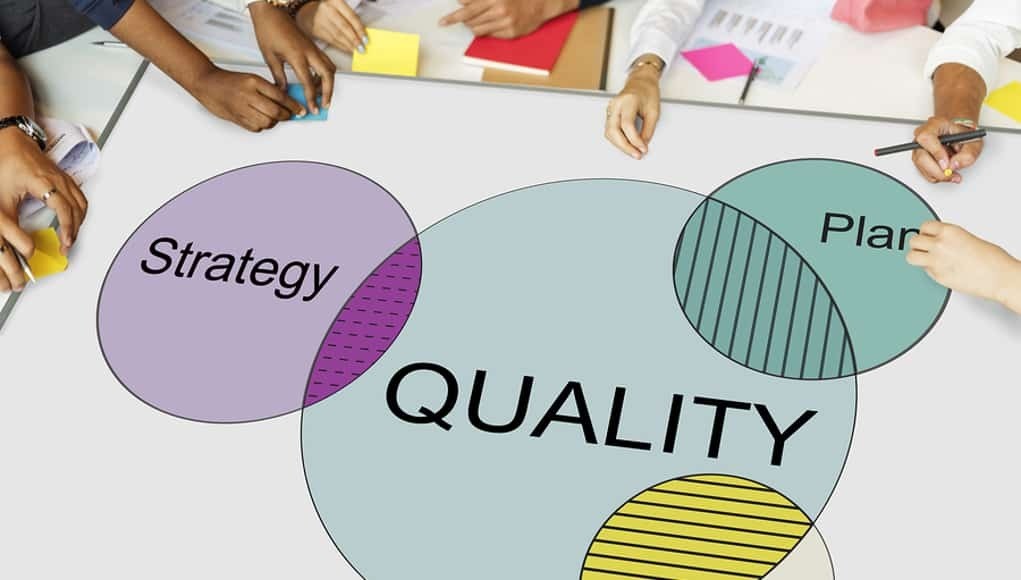How enabling educational leadership can act as a catalyst towards effective implementation of NEP 2020’s proposed changes in our education
system.
The Union Cabinet approved the new National Education Policy (NEP) on July 29, 2020after a gap of over 34 years. It is an outcome of a mammoth exercise from the top leadership of the country to provide an overarching vision and comprehensive educational framework that could change the outlook of the decades-old education system.
The NEP attempts a significant overhaul of the education system – from terminologies and institutional frameworks to functionality, when it comes to transforming education.
In a significant shift from the 1986 policy, which pushed for a 10+2 structure of school education, the new NEP proposed for a “5+3+3+4” structure corresponding to the age groups 3-8 years (foundational stage), 8-11 (preparatory), 11-14 (middle), and 14-18 (secondary) of the learner. As a mission for foundational literacy and numeracy, free breakfasts in government schools, vocational education along with internships from Class 6, and proposed redesign of the board examinations have been the major initiatives for school education. The policy also proposes students until Class 5 to be taught in their mother tongue or regional language.
For education leaders such as teachers leaders and school headmasters, the NEP has recommended several modular leadership programs. These programs will include workshops, online learning opportunities and platforms to continuously improve their leadership and management skills. Leaders would be expected to participate in a total of 50 hours of Continuing Professional Development (CPD) modules per year, covering leadership, management and pedagogy aspects of their jobs. Recommendations around the reorganisation of schools into complexes also highlights the importance of collaboration among schools that are closely placed to each other in proximity, in order to eliminate the isolation that exists between the schools as entities and school leaders as individuals. The presence of these ideas in the document highlights the shifting attention of the system towards the need of building capacity of teachers and system leaders.
To ensure that the37 recommendations made in the NEP 2020 get implemented, new structures and processes will need to be designed. Newer roles and responsibilities will emerge. Clearly it calls for an effective change management. And it is the empowered leaders who can drive this change in the education system. Effective school leaders play a vital role in initiating and sustaining any change, system-wide. They are the key to encourage all sorts of educational reforms and help in mobilising the energy and capacities of teachers.
ShikshaLokam enables leaders to lead improvements, create and shape their own professional development journey within their own context, at their convenience.
Leadership is compounded with continuous learning of new ideas and concepts. The application of these new ideas is equally important in the process of creating and managing change. A leader will be able to chart their journey of improvement when they have a view or the “ability to see” – where to begin with. Once there is a clear starting point, access to guided next steps would help the leader to take the steps to move forward. Continuous checks and observations in this journey as a reminder to either take course-corrective measures or continue with a plan makes the improvement journey clearer.
We, at ShikshaLokam believe that system leaders will be able to make informed decisions about their own professional journey when they have access to relevant learning resources, relevant best practices and guided action projects, tools to gauge their learning and development curve and insights into their professional development journey, all in their own contexts and at their convenience.
Self evolving systems are built on the agency of the participants in the system. The aim of ShikshaLokam is to restore agency of the actors by providing them access to tools that help them chart their own professional development journey.
Thus, there is a need for careful hand holding of the system leaders to help them comprehend the suggestions and be able to apply them effectively. The recommendations will need mediation in collective sense making at the implementation level and a conscious dedication to achieve the best results.



